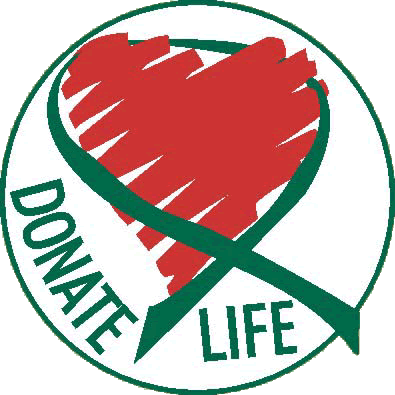Organ and Tissue Donation – A Jain Perspective
What is organ donation?
Organ donation is the gift of an organ to help someone else who needs a transplant. It is an operation, which involves removing organs and tissue from a donor and transplanting them into someone who, in many cases, is very ill or dying. The donation can save the life or significantly improve the quality of the life of the recipient.
What organs can I donate and what is the impact?
A single donor can save up to 8 lives and can enhance as many as 75 others through tissue donation.
Hearts, livers, kidneys, pancreas, lungs and small bowels can be donated.
Tissues like corneas, heart valves, bone and skin also have life-altering impacts.
While most organ donations come from people who have died, in some cases living donors may give one of their kidneys or part of their liver to a recipient.
Does organ donation affect Jain funeral and cremation practices?
The body is treated with the utmost respect during the organ and tissue donation process. The family will be able to hold traditional funeral practices after the donation process has occurred.
Does organ donation have an impact on the soul going to the next life?
No. Jains believe that Karma decides which way the soul will go in the next life. Also the soul and the body are two separate entities, organ donation does not impact the soul in the next life.
How does the Jain perspective affect organ and tissue donation?
There are a variety of ways in which Jainism impacts the perceptions of organ donation.
One aspect to consider is the practice of dana (laukika- dāna). This act of selfless giving is significant when you choose to save a person’s life by donating organs and tissues.
Most Jains believe that when the soul has departed at the time of death, the body is then separated from its earthly purpose. The soul and the physical body are two separate entities, and it is only the soul that is eternal, therefore we should not be possessive of our physical body. The donated organ is no longer linked to donor’s soul and is also separate from the rest of the body.
According to the first principles of Jaina ontology a dead body is worthless and can be disposed of according to ones wishes or wishes of the family members.
Jainism does not discriminate against anyone on grounds of race, colour, class or religion.
In Jainism, compassion and charity are considered two major virtues. Organ donation has been widely supported by the Jain community leaders and monks.
In addition, we believe in the concept of the “Live and Let Live”.
Will my family be involved in the decision to donate my organs after my death?
The consent or permission of those closest to the potential donor is sought before organs can be donated. This is why it is so important to discuss your wishes with your loved ones should you decide to become a donor. Many families who agree to organ donation have said that it helps to know that some good has come from their loss.
What will happen if the recipient of the donated organ is not a Jain?
Organs donated after deaths are allocated to the person on the Transplant Waiting List who is best matched to the donated organ. Priority is given to patients who most urgently need a transplant. This matching process does not consider the donor or the potential recipient’s faith. Therefore the donor has no responsibility for the faith or actions of the recipient of the donated organ.
What is the process for removing organs donated after death?
Organ removal is managed with the utmost respect and dignity by a team of donation and transplant specialists. The donor’s immediate relatives are kept well informed and are given support throughout the whole process by specially trained hospital staff. As soon as the removal process is complete, the patient’s body is available to the family as soon as possible, so that religious and cremation arrangements can be made.
How can one register their wish to become an organ donor?

The most common way to register is through the DMV (Department of Motor Vehicles) or similar agency, typically when renewing a driver’s license or ID card.

















